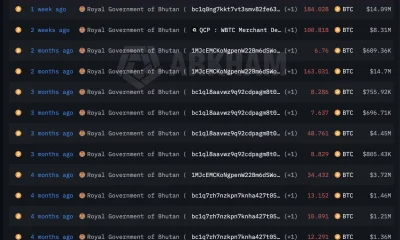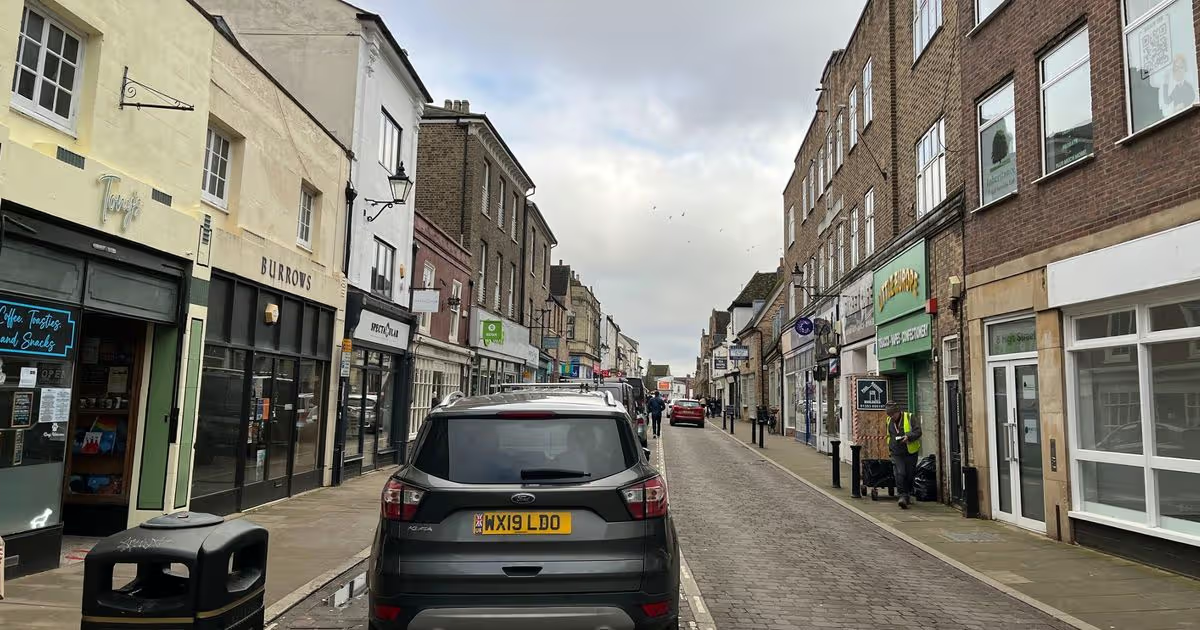Life comes at you fast in the world of high-major college basketball. One minute you’re alone atop the SEC standings and the next you’re suddenly on the NCAA Tournament bubble. This is the situation Texas A&M (17-7, 7-4 SEC) finds itself in as it plays at No. 19 Vanderbilt on Saturday.
The Aggies are on a three-game slide that includes losses against Alabama and Missouri that came by a combined four points. Looking at those results, you can easily play the “what if” game with Texas A&M. What if it hadn’t been forced to play at Alabama during Charles Bediako’s five-game stint back with the Crimson Tide? Could playing Bama without Bediako could have tipped the scales in A&M’s favor during what turned out to be a 100-97 loss?
What if the ending of an 87-82 double-overtime loss at Tennessee had gone just a little bit differently? A road win over Tennessee or Alabama would have given A&M a ton of resume fortification. The maddening part is that A&M is good enough that it could have won those games. Their fast-paced, high-pressure, 3-point oriented style under first-year coach Bucky McMillan is working, and it has the Aggies averaging out around 30th overall nationally in the predictive analytics used by the selection committee.
Where A&M is now lacking is in the resume metrics that are often used along the tournament’s cut line. With a profile in the mid-to-high 40s there, A&M needs to start adding to the win column as it seeks to recover from a lackluster nonconference performance. “Buckyball” wasn’t yet a well-oiled machine in early November, and A&M didn’t get any significant resume-padding done before league play began.
As a result, it’s getting a little close for comfort at Texas A&M.
Here’s the breakdown of this weekend’s games involving bubble teams including a “double bubble” showdown between TCU and Oklahoma State with both teams vying for a berth in the NCAA Tournament.
Check out the CBS Sports Bracketology model’s latest bracket at the Bracketology hub
All times ET
Bubble teams in action this weekend
Cal
Entering the weekend: Next Four Out
Saturday at Boston College | 12 p.m. (ACC Network)
The first leg of Cal’s northeastern ACC swing resulted in a 107-100 double-overtime loss at Syracuse. The defeat is clinging narrowly to Quad 1 status for now, but a loss at Boston College would be far more costly. Even on the road, facing the Eagles (9-15, 2-9 ACC) slots in as a Quad 3 affair for the Bears, who have dropped a whopping 16 spots at KenPom since briefly rising to No. 54 last week.
Oklahoma State
Entering the weekend: Next Four Out
Saturday vs. TCU | 12 p.m. (ESPN2)
The Oklahoma State wave quickly receded after an initial surge brought by a Feb. 4 win over BYU. Coming off a 37-point loss at Arizona and a Tuesday loss to Arizona State, the Cowboys need to get right. Home games against TCU on Saturday and Kansas on Wednesday will be challenging, but they are winnable games against quality opponents that could push the Pokes back in the right direction.
TCU
Entering the weekend: Last Four In
Saturday at Oklahoma State | 12 p.m. (ESPN2)
TCU edged Oklahoma State 68-65 in the first meeting on Jan. 20 as the Horned Frogs snapped out of a 1-4 start to Big 12 play. Beating the Cowboys was the beginning of a 4-2 stretch that could become a 5-2 stretch if TCU is able to complete a sweep. Tuesday’s upset of Iowa State adds to a Nov. 27 neutral-site win over Florida in demonstrating this team’s potential.
Texas A&M
Entering the weekend: Last Four In
Saturday at Vanderbilt | 1 p.m. (SEC Network)
Seeing Texas A&M among the Last Four in could understandably be jarring for Aggies fans who saw their team atop the SEC standings earlier this month. First-year coach Bucky McMillan is doing great work, but the Aggies have ended up on the wrong side of too many close games, and that has dinged up their resume a bit. While predictive metrics such as a No. 35 KenPom ranking are still in A&M’s favor, a No. 45 WAB ranking tells us A&M is losing its margin for error.
Virginia Tech
Entering the weekend: First Four Out
Saturday vs. Miami | 4 p.m. (ESPN2)
Virginia Tech’s 76-66 win at Clemson on Wednesday is worth significantly more in WAB than any other victory amassed by the Hokies (17-8, 6-6 ACC) this season. A home loss to Florida State would give it all back. That’s basically the story for the rest of Virginia Tech’s season, as there are should-win home games of little value (FSU, Wake Forest and Boston College) alternating with high-end road showdowns with lots of value (Miami, North Carolina and Virginia).
VCU
Entering the weekend: First Four Out
Saturday vs. Richmond | 6 p.m. (CBS Sports Network)
VCU has won eight in a row, but its at-large chances might all come down to whether it can pull a road upset of Saint Louis on Feb. 20. In the meantime, it faces a crosstown rivalry showdown with a Richmond team that just snapped out of a six-game losing streak by pulling an upset of Atlantic 10 stalwart George Mason. The Rams cannot take this one lightly.
Ohio State
Entering the weekend: First Four Out
Saturday vs. Virginia | 8 p.m. (Fox)
Ohio State finally has a Quad 1 win. Of course, it’s not because of some new victory the Buckeyes picked up. It’s because their Dec. 6 victory at Northwestern now counts as a Quad 1 victory based on where the Wildcats stand in the NET (for now, anyway). Beating Virginia on a neutral floor would give Ohio State the sort of resume boost it needs to pair with a predictive analytics profile hovering around 40th nationally.
Missouri
Entering the weekend: Last Four In
Saturday vs. Texas | 8:30 p.m. (ESPN2)
Missouri squeaked out an 86-85 win at Texas A&M on Wednesday to reach 17-7 and 7-4 in the SEC. A year ago, winning even just six SEC games was good enough for guaranteed NCAA Tournament admission. But the league isn’t as strong this season, and the Tigers have a ton of ground to make up after playing a horrible nonconference schedule.
San Diego State
Entering the weekend: First Four Out
Saturday vs. Nevada | 10 p.m. (CBS Sports Network)
San Diego State’s next six games are projected as either Quad 2 or Quad 1 opportunities, which offer the Aztecs a chance to leave a late impression. If this team misses the NCAA Tournament for the first time since 2019, it will look back and rue a Nov. 18 double-overtime home loss to Troy. Overcoming that Quad 3 defeat without any high-end victories to tout is going to require significant win volume from SDSU.
Saint Mary’s
Entering the weekend: Last Four In
Saturday at Pacific | 10:30 p.m. (ESPN2)
If Saint Mary’s makes the Big Dance as an at-large team, it may want to consider writing a thank-you note to Virginia Tech. A victory over the Hokies from Nov. 27 in the Battle 4 Atlantis is doing overtime in propping up the Gaels’ resume. The Hokies’ rise in the NET has resulted in Saint Mary’s finally having a Quad 1 win (for now). Though they have 17 low-end Quad 3/4 victories, the Gaels still rate as a top-40 team in metrics used by the committee.
Santa Clara
Entering the weekend: No. 11 seed (projected WCC champion)
Saturday vs. Gonzaga | 10:30 p.m. (ESPN)
If the season ended today with someone other than Santa Clara winning the WCC Tournament, the Broncos would have roughly a 50-50 chance of making the field, per the CBS Sports Bracketology model. The Broncos are in possession of an interesting tournament profile that places them around 40th overall in both resume and predictive metrics. But with just one Quad 1 win and an ugly Quad 4 loss to Loyola Chicago back in December, things are tenuous. Beating Gonzaga would do wonders, as it would give Santa Clara another statement win to go along with its Jan. 17 victory over Saint Mary’s.
Seton Hall
Entering the weekend: Next Four Out
Sunday at Butler | 6 p.m. (FS1)
Seton Hall has been fading, and that’s a shame because this team could be America’s team in the NCAA Tournament. Coach Shaheen Holloway — formerly of Saint Peter’s lore — gets his team to play lockdown defense, and the Pirates have one of the sport’s most fun point guards in the undersized Adam “Budd” Clark. Losing here would be unadvisable in what’s shaping up as a fringe Quad 1 or 2 game.




























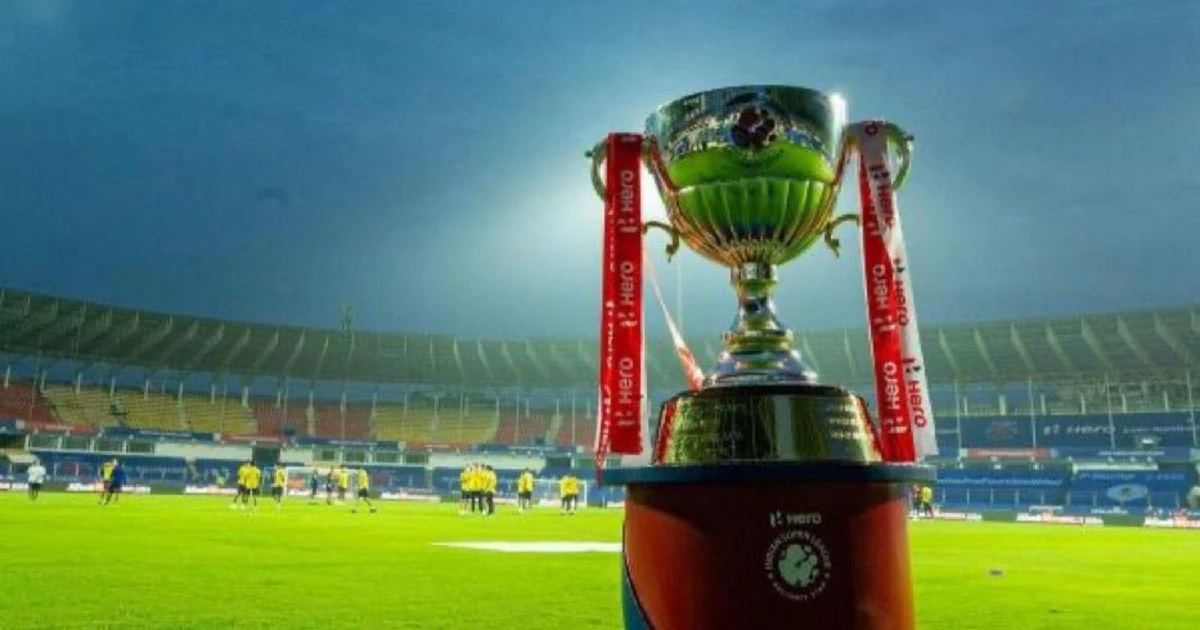



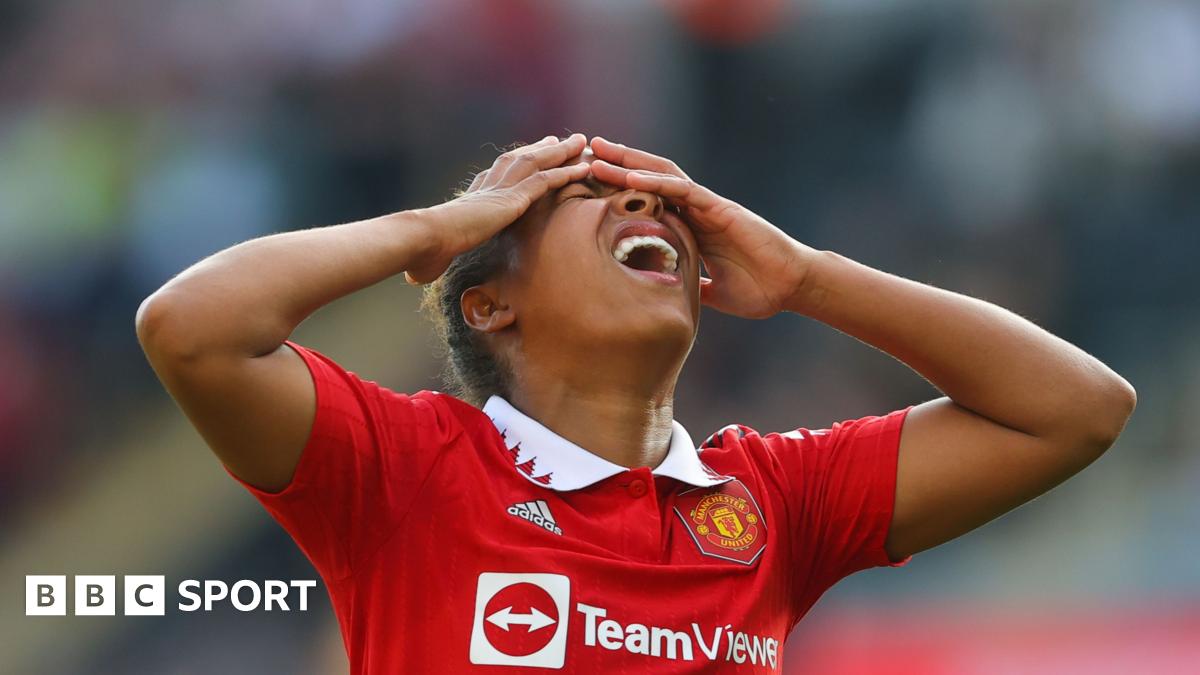









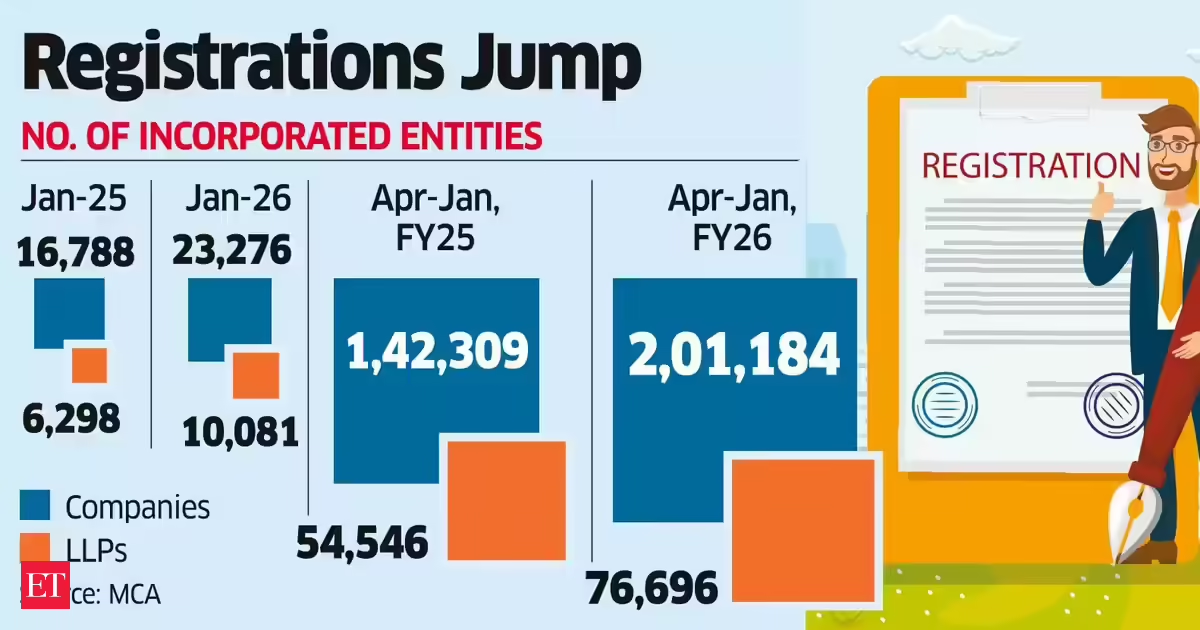






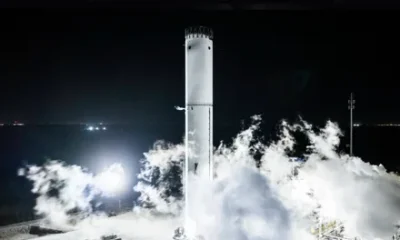











![Heathrow has said passenger numbers were 60% lower in November than before the coronavirus pandemic and there were “high cancellations” among business travellers concerned about being trapped overseas for Christmas as Omicron spreads. The UK’s largest airport said the government’s travel restrictions had dealt a fresh blow to travel confidence and predicted it was likely to take several years for passenger numbers to return to pre-pandemic levels. This week ministers said passengers arriving in the UK would have to take a pre-departure Covid test, as well as a post-flight test, because of fears about the spread of the new variant. “[The] high level of cancellations by business travellers concerned about being trapped overseas because of pre-departure testing shows the potential harm to the economy of travel restrictions,” the airport said in an update. Heathrow said the drop in traveller confidence owing to the new travel restrictions had negated the benefit of reopening the all-important corridor to North America for business and holiday travel last month. Eleven African countries have been added to the government’s red list, requiring travellers to quarantine before reuniting with families. “By allowing Brits to isolate at home, ministers can make sure they are reunited with their loved ones this Christmas,” said John Holland-Kaye, the chief executive of Heathrow. “It would send a strong signal that restrictions on travel will be removed as soon as safely possible to give passengers the confidence to book for 2022, opening up thousands of new jobs for local people at Heathrow. Let’s reunite families for Christmas.” Heathrow said that if the government could safely signal that restrictions would be lifted soon, then employers at Heathrow would have the confidence to hire thousands of staff in anticipation of a boost in business next summer. The airport is expecting a slow start to 2022, finishing next year with about 45 million passengers – just over half of pre-pandemic levels. This week Tui, Europe’s largest package holiday operator, said it expected bookings for next summer to bounce back to 2019 levels. However, Heathrow said on Friday not to expect the aviation industry to recover for several years. “We do not expect that international travel will recover to 2019 levels until at least all travel restrictions (including testing) are removed from all the markets that we serve, at both ends of the route, and there is no risk of new restrictions, such as quarantine, being imposed,” the airport said.](https://wordupnews.com/wp-content/uploads/2026/02/shutterstock_1100012546-scaled-400x240.jpg)
![Heathrow has said passenger numbers were 60% lower in November than before the coronavirus pandemic and there were “high cancellations” among business travellers concerned about being trapped overseas for Christmas as Omicron spreads. The UK’s largest airport said the government’s travel restrictions had dealt a fresh blow to travel confidence and predicted it was likely to take several years for passenger numbers to return to pre-pandemic levels. This week ministers said passengers arriving in the UK would have to take a pre-departure Covid test, as well as a post-flight test, because of fears about the spread of the new variant. “[The] high level of cancellations by business travellers concerned about being trapped overseas because of pre-departure testing shows the potential harm to the economy of travel restrictions,” the airport said in an update. Heathrow said the drop in traveller confidence owing to the new travel restrictions had negated the benefit of reopening the all-important corridor to North America for business and holiday travel last month. Eleven African countries have been added to the government’s red list, requiring travellers to quarantine before reuniting with families. “By allowing Brits to isolate at home, ministers can make sure they are reunited with their loved ones this Christmas,” said John Holland-Kaye, the chief executive of Heathrow. “It would send a strong signal that restrictions on travel will be removed as soon as safely possible to give passengers the confidence to book for 2022, opening up thousands of new jobs for local people at Heathrow. Let’s reunite families for Christmas.” Heathrow said that if the government could safely signal that restrictions would be lifted soon, then employers at Heathrow would have the confidence to hire thousands of staff in anticipation of a boost in business next summer. The airport is expecting a slow start to 2022, finishing next year with about 45 million passengers – just over half of pre-pandemic levels. This week Tui, Europe’s largest package holiday operator, said it expected bookings for next summer to bounce back to 2019 levels. However, Heathrow said on Friday not to expect the aviation industry to recover for several years. “We do not expect that international travel will recover to 2019 levels until at least all travel restrictions (including testing) are removed from all the markets that we serve, at both ends of the route, and there is no risk of new restrictions, such as quarantine, being imposed,” the airport said.](https://wordupnews.com/wp-content/uploads/2026/02/shutterstock_1100012546-scaled-80x80.jpg)
